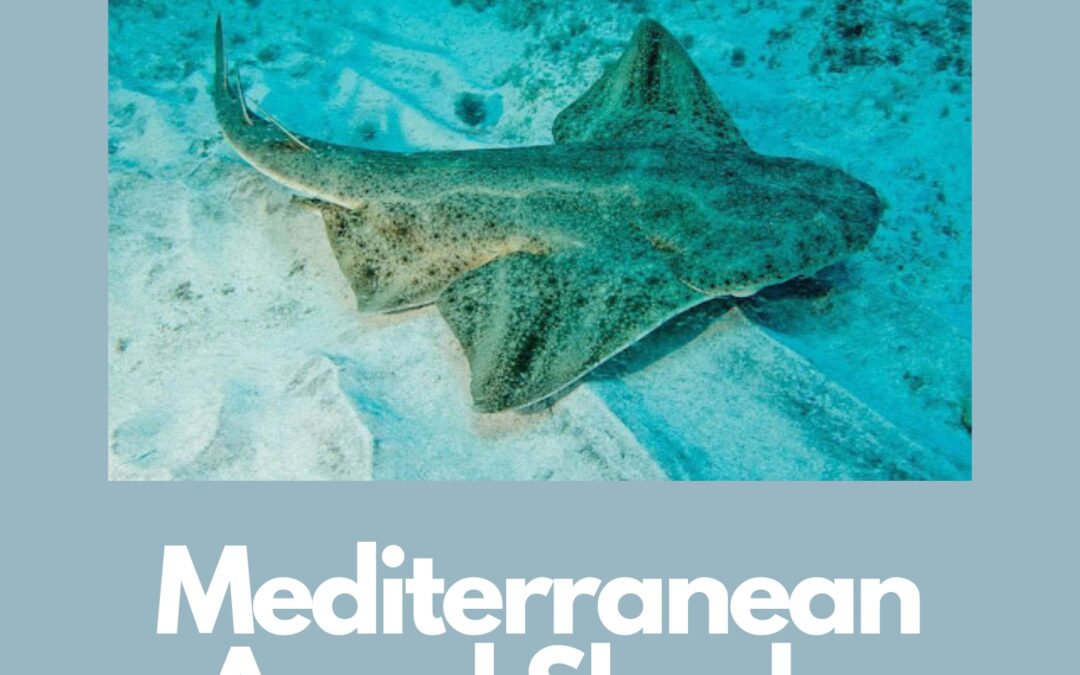Mediterranean Angel Sharks: Regional Action Plan Phase 2: Implementation
Project Title: Mediterranean Angel Sharks: Regional Action Plan Phase 2: Implementation
Intro: Angel sharks are a group of sharks in the genus Squatina of the family Squatinidae. They are benthic species, capable of excellent camouflage and they have a body dorso-ventrally flattened. Three species of angel sharks are present in the Mediterranean with overlapping ranges – the Sawback Angelshark Squatina aculeata, the Smoothback Angelshark S. oculata, and the Angelshark S. squatina. All three can
be found in Cyprus. Due to their dramatic populations decline, they are all classified as Critically Endangered with apparently local extinctions in some areas of the Mediterranean. The main threats in the Republic of Cyprus as well as in other areas include lack of species-specific landings and identification issues in Small- and Large-Scale Fisheries, illegal, unreported, and unregulated fishing, fragmentation of the populations and low genetic diversity and habitat degradation. In the Republic of
Cyprus, there is no national legislation in place for angel sharks. However, a GFCM binding Recommendation prohibits the retention, transhipment, landing, storage, display, and sale of 24 species of elasmobranch including the three Squatina species. The European Union transposed the GFCM Recommendation into EU Regulation (EU 2015/2102), thereby this regulation is applicable in Cyprus. In addition, S. squatina is a Prohibited species under the Technical Measure, Regulation (EU) 2019/1241, which applies to the EU fleet in the Mediterranean and third country vessels fishing in Union waters.
Objective:
– To document angel sharks caught in fisheries and collect information on biology, distribution,
mortality rates, and bycatch hotspots
– To create best practice guidelines for fisheries, specific to the three Squatina species
– To develop and distribute awareness material for commercial and recreational fishers
– To implement training programs to educate fishers about angel sharks as well as best practice
handling techniques
– To identify and map Critical Angel Shark Areas (CASAs) and advise on their management
Duration: 3 years
Funded: Shark Conservation Fund
Partners: SPOT, Mersea, iSea, ASCOB-Syrtis
Deliverables
Angel Shark Identification Guide – Οδηγός Αναγνώρισης Αγγελοκαρχαριών


Recent Comments